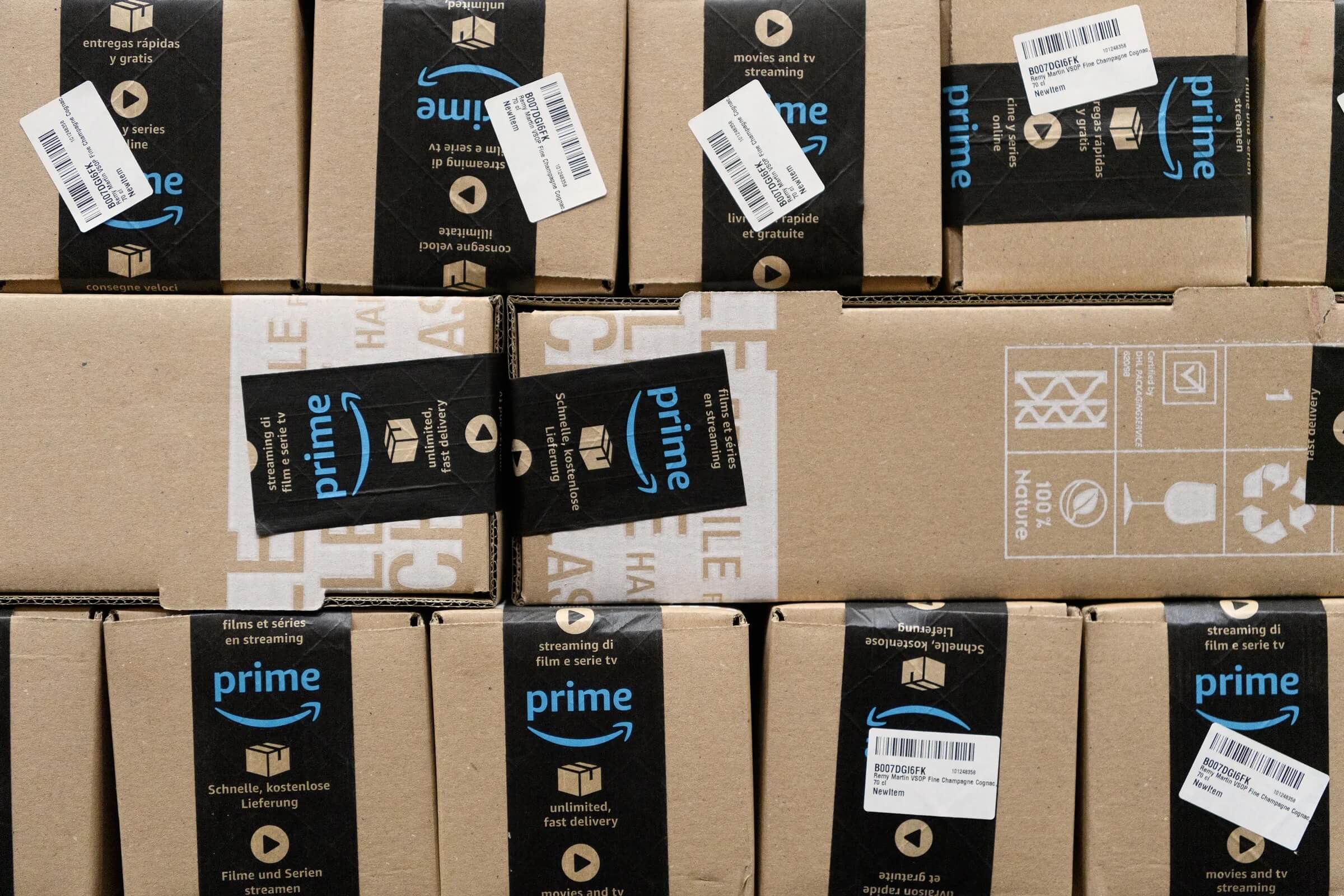Many of us use Amazon for our daily needs. However, as they continue to grow their practices regarding work injuries become even more problematic. Case in point, the most recent tragic tornadoes in Kentucky. Workers in the Amazon facility have indicated they did not have any tornado drills, and that they were not allowed cellphones and encouraged to work through tornado warnings. There were six deaths at this Amazon facility, which would likely be a workers’ compensation death claim.
However, Amazon is already passing the buck. Amazon is already starting to place blame on the victims by saying they did not shelter in place at the correct location. How could they when they weren’t allowed to or didn’t know where that was?
In Georgia, the workers’ compensation is “no fault.” Meaning you should be covered even if you are ‘at fault’ for your injury. However, this is not without limitation.
Pursuant to O.C.G.A. Sec. 34-9-17 (a) No compensation shall be allowed for an injury or death due to the employee’s willful misconduct, including intentionally self-inflicted injury, or growing out of his or her attempt to injure another, or for the willful failure or refusal to use a safety appliance or perform a duty required by statute.
The Georgia Supreme Court recently reversed a Court of Appeals decision about an injured workers’ willful misconduct and significantly strengthened this defense for employers and insurers in the Chandler Telecom v. Burdette ruling. Prior to this ruling the action by the employee must have been “quasi criminal.” Now, in order to determine whether an action qualifies as willful misconduct under the statute, making the injury non-compensable, the test approved by the Georgia Supreme Court is whether the action:
- Is prohibited by the Employer;
- Is done with the knowledge that it is likely to result in serious injury, or
- Is done with a wanton and reckless disregard of its probable consequences.
If an action leading to injury satisfies either of these standards, the injury is barred from being compensable under the Georgia Workers’ Compensation Act. A finding that the action was “quasi criminal” is no longer required in Georgia.
However these claims shake out, it appears Amazon is morally failing its workers.










